Carnosic acid
Carnosic acid is a phenolic diterpene from Rosemary and Sage, known for its antioxidant, anti-inflammatory, neuroprotective, and antimicrobial properties, used in dietary supplements, pharmaceuticals, food preservation, and cosmetics.
Overview:
Carnosic acid, a phenolic diterpene found predominantly in Rosemary (Rosmarinus officinalis) and Sage (Salvia officinalis), has garnered attention for its potent antioxidant properties. This naturally occurring compound is valued not only for its health benefits but also for its application in food preservation and cosmetic formulations. Carnosic acid has been studied extensively for its ability to protect cells against oxidative stress, its anti-inflammatory effects, and its potential role in preventing neurodegenerative diseases and certain types of cancer.
Carnosic acid Key Features:
– Potent Antioxidant: Offers strong protection against oxidative damage by scavenging free radicals.
– Anti-inflammatory: Reduces inflammation, potentially beneficial in managing inflammatory diseases.
– Neuroprotective Properties: Shows promise in protecting brain cells, contributing to the prevention of neurodegenerative diseases.
– Antimicrobial Activity: Exhibits the ability to inhibit the growth of certain bacteria and fungi.
– Natural Food Preservative: Utilized in the food industry to extend shelf life and maintain the quality of food products.
Carnosic acid Applications:
– Dietary Supplements: Included in formulations aimed at boosting overall health, especially for its antioxidant and anti-inflammatory benefits.
– Pharmaceutical Development: Investigated for its therapeutic potential in treating neurodegenerative diseases and cancer.
– Food Industry: Employed as a natural preservative to enhance the stability and quality of food products.
– Cosmetics: Incorporated into skincare products for their antioxidant properties and ability to protect the skin from aging and environmental stressors.
Carnosic acid Functions:
– Cellular Protection: Guards cells against oxidative stress, supporting overall health and longevity.
– Inflammation Reduction: Modulates the body’s inflammatory response, offering relief from various conditions.
– Brain Health Support: Contributes to the maintenance of cognitive function and the prevention of neurodegenerative diseases.
– Food Preservation: Enhances the shelf life of food products by preventing oxidative spoilage.
Details
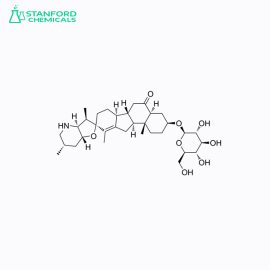
| Available Sizes | 30 capsules, 60 capsules, 90 capsules |
|---|---|
| Key Ingredient | High-quality Peimisine extracted from Fritillaria thunbergii |
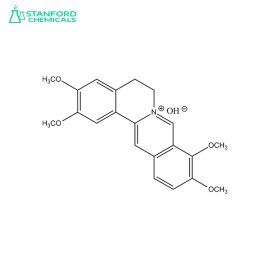
| Available Sizes | 30 capsules, 60 capsules, 90 capsules |
|---|---|
| Key Ingredient | High-quality, pure Palmatine extract |

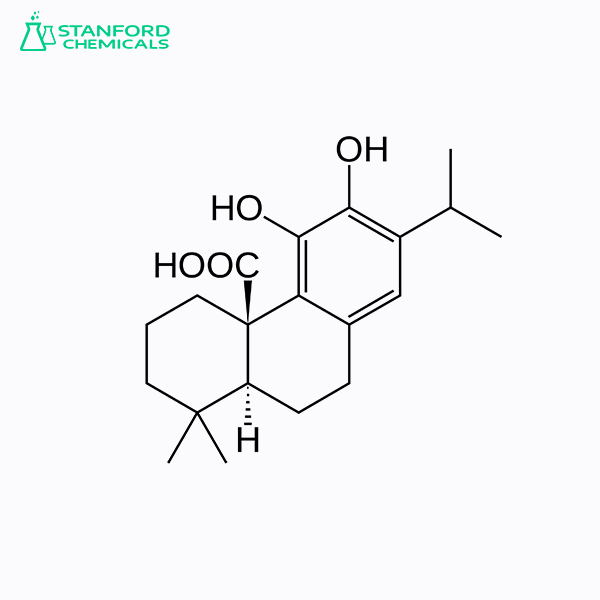
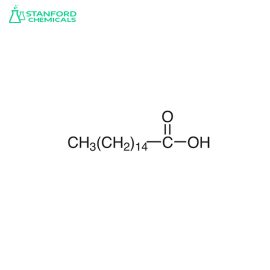
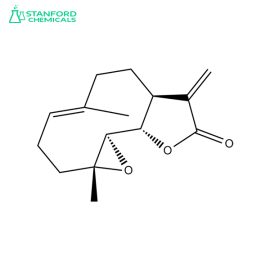
Reviews
There are no reviews yet.